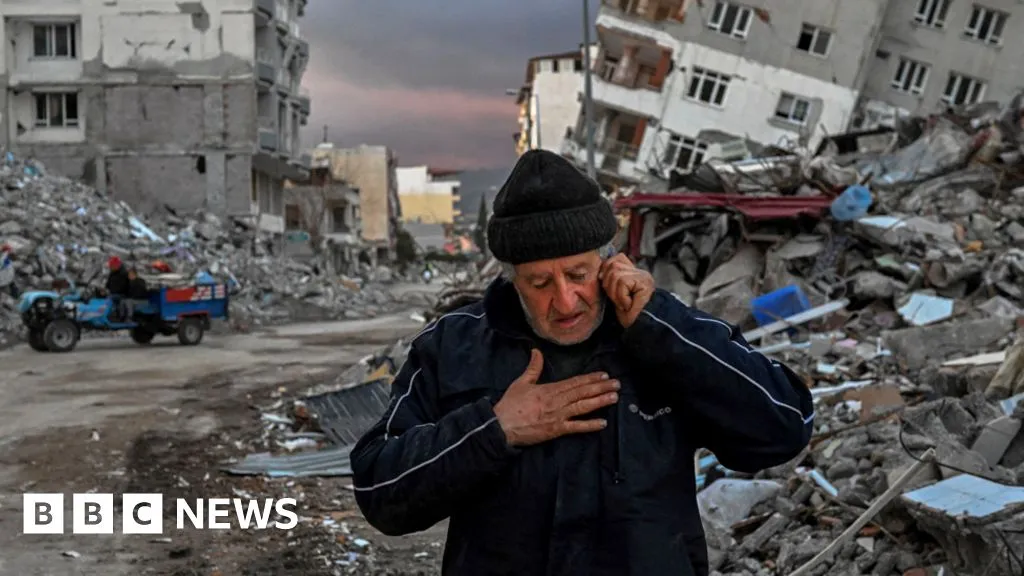- cross-posted to:
- [email protected]
- [email protected]
- cross-posted to:
- [email protected]
- [email protected]
cross-posted from: https://lemmy.zip/post/794897
Archived version: https://archive.ph/z5TiN
Archived version: https://web.archive.org/web/20230728005143/https://www.bbc.co.uk/news/technology-66316462



Using Jakarta and then not including Indonesia in their alerts is pretty funny, almost a microcosm of this entire debacle.
Thank you for answering, It’s interesting to get these perspectives and anecdotes from other countries.
Does Indonesia have an okay earthquake early detection system aside from Google as far as you know? I’m wondering if Google is tied into research facilities in other countries that allow them to send out these alerts. I’m going to read your article now, which is probably going to have the answers to the questions I just asked, haha
The national geophysics agency handle earthquake and tsunami monitoring and prediction. They put early warning alarms in tsunami-prone areas to notify people to evacuate if they predict a tsunami will hit the area. Other than that, I never got any kind of earthquake alert on my phone. They do post earthquake and tsunami warning on their website and twitter as they detect them though.
That makes sense. Google’s approach surprises me actually; in that blog announcement you linked, they say they rely on California seismologists, at least for that state, to identify quakes, but in this article it says Google relies specifically on the accelerometers in phones to detect the earthquakes, which seems ridiculous and error prone.
Maybe it’s not on a macro scale with millions of phones, but I’d like to read a study, article or explanation on why Google decided to use groups of tiny accelerometers above the surface of the Earth rather than aggregating data from seismic and geologic research centers better suited to to identify earthquakes, and the efficacy of that crowdsourced earthquake detection method.
The researchers mentioned in the google blog post actually developed another smartphone-based system prior to working with google, called MyShake. You can find various research paper about it if you search “MyShake” in google scholar. Here is one example: https://www.science.org/doi/full/10.1126/sciadv.1501055
I imagine they use a similar system at google since they collaborate with those researchers.
Another related article about MyShake: https://temblor.net/earthquake-insights/earthquake-early-warning-google-myshake-shakealert-update-14780/
Okay, that’s very interesting, thank you for linking the articles.
So it isn’t that the accelerometers or myshake work flawlessly, it’s that the earthquake detection systems we have now are so rare in countries that at least crowdsourced earthquake detection using phones is better than the no-warning-at-all that most of the world has.
And since with so many accelerometers, some number of them are going to detect an active earthquake, they’re able to relay that information to those potentially soon-to-be affected. That is pretty cool.
Seems like a bad move for Google to announce that alert service without any disclaimers about efficacy knowing that quakes will occur but myshake or whatever equivalent service they’re using is only potentially effective before the quake hits.